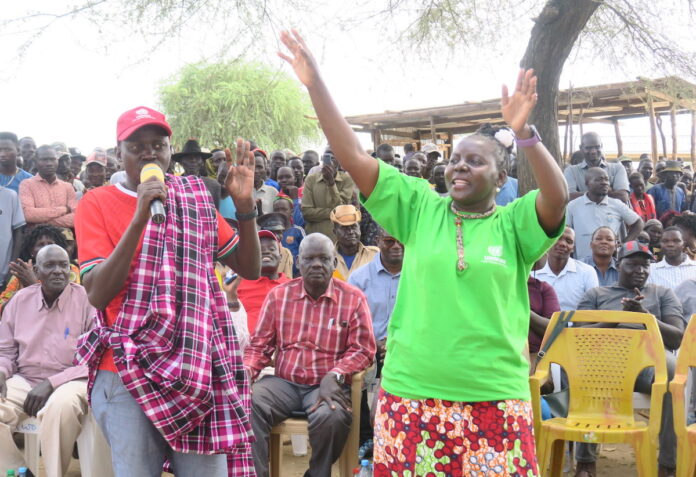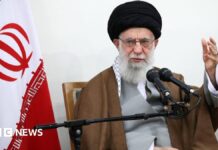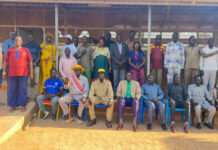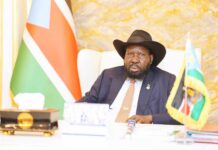The communities of Kapoeta East and Budi Counties have pledged to foster peaceful coexistence and promote unity. This commitment follows a pre-dialogue meeting between the Didinga and Toposa communities, aimed at resolving conflicts and building lasting peace.
Hon. Abdallah Lokeno, Commissioner of Kapoeta East, announced that both communities had agreed to return raided cattle and collaborate on constructing roads to enhance the movement of goods and services.
“After incidents of violence, including the shooting of one person and the raiding of Toposa cattle, we held a dialogue. The outcome was a resolution for both communities to stop fighting and return the cattle. We also agreed to open the road between Majid and Napotipot to promote trade and connections,” said Commissioner Lokeno.
He urged the youth from both communities to refrain from cattle raiding and other activities that fuel conflict, emphasizing the importance of dialogue and peaceful resolutions.
“We need a good life for our people. Let us stop disputes over borders, gold, and other resources that cause confusion. Instead, citizens should exchange goods peacefully and focus on building relationships. Our youth must be patient, humble, and committed to peace agreements,” Lokeno added.
Lokiok Augustine, Coordinator for the Community Development Initiative, highlighted the ongoing collaboration between the two communities in road construction efforts.
“Both sides have begun working on roads. The people of Kapoeta East started from Napotipot, while those in Budi began from Majid. Recently, teams from both sides met at Nohitamoi and interacted positively. They are now working together to renovate the roads, which will not only boost trade but also address insecurity and improve livelihoods in the corridor,”Augustine explained.
The ongoing road construction and mutual commitments are seen as steps toward resolving long-standing tensions and building a sustainable partnership between the Didinga and Toposa communities. The initiative symbolizes the potential for development and reconciliation in South Sudan’s conflict-affected regions.





